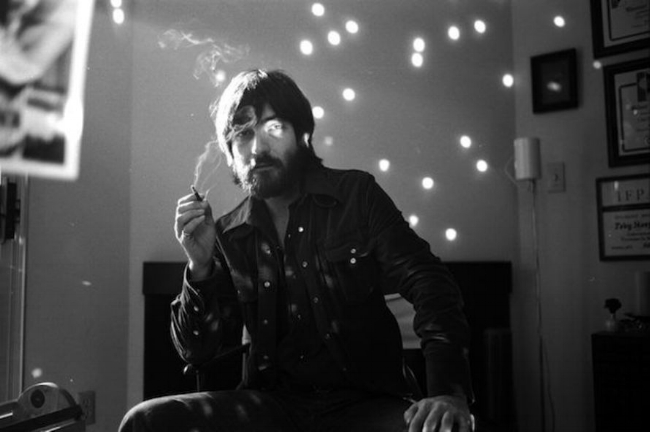Larry Cohen (1936 - 2019)
Larry Cohen, the writer and director of such cult films as Black Caesar, It’s Alive and Q: The Winged Serpent, has died aged 77. Cohen was a key figure in the genre movie community during the seventies and eighties, as well as writing scripts and storylines for mainstream TV shows such as The Fugitive and Columbo. He was a rare beast, in so far as he became one of a few writers who became known to wider audiences and fans, and gathered a cult following over time. Guillermo del Toro hailed him as “a true iconoclast and independent” and Edgar Wright wrote thanked him “For so many fun high-concept genre romps with ideas bigger than the budgets, for so many truly inspiring cult movies”.
Cohen was a pragmatist and a consummate “working” writer. He initially wrote for television and created several popular shows such science fiction series The Invaders. When he moved to independent film making, he saw no shame in embracing exploitation cinema or drive-in movies. Just because a film was pitched at a niche market didn’t mean it had to be poorly written or constructed. His contributions to the blaxploitation genre produced some interesting results such as home-invasion comedy Bone (1972) starring Yaphet Kotto, and the Fred Williamson mobster epic Black Caesar (1973), a remake of the Edward G Robinson classic Little Caesar. He would move to other genres over the course of his career, with such films as the odd supernatural police thriller God Told Me To (1976) and the historical drama The Private Files of J. Edgar Hoover (1977).
Cohen had a definite knack for enticing known box office names into his low-budget projects. His 1974 mutant baby horror movie It’s Alive, featured a score by the great Bernard Herrmann and early special make up effects by Rick Baker. Over the years his work would see him working with such names as José Ferrer, James Earl Jones and David Carradine. He formed a special bond with the character actor Micahel Moriarty who featured in four of his features films. He also directed the legendary Bette Davis’ in Wicked Stepmother (1989) which was to be her final screen role. Often working within the confines of tight budgets, he was a film maker that knew how to get the most bang for his bucks. And if the production values limited his work, he would always bolster them by multi-layered narratives along with a healthy does of satire and social commentary.
The reason why the work of Larry Cohen stands out and certainly resonates with fans is the fact that he didn’t consider certain types of movies or genres beneath him. His body of work proves that you can make a monster movie that is more than just a monster movie. Social commentary, political criticism and generally just making a point is something he believed could be done with any screenplay if the writer is sufficiently adept. Although well known, Cohen did not enjoy the fame of other writers such as Dalton Trumbo or William Goldman. However he saw this as a benefit. He told The New Yorker in 2004 “I just keep turning scripts out”. “Some people, they stop. Even people who’ve had huge successes for years find themselves unemployed, going to film festivals and being told how great they are — but nobody’s giving them a job. It’s better to be me, who never got all that. I’m still working.”












